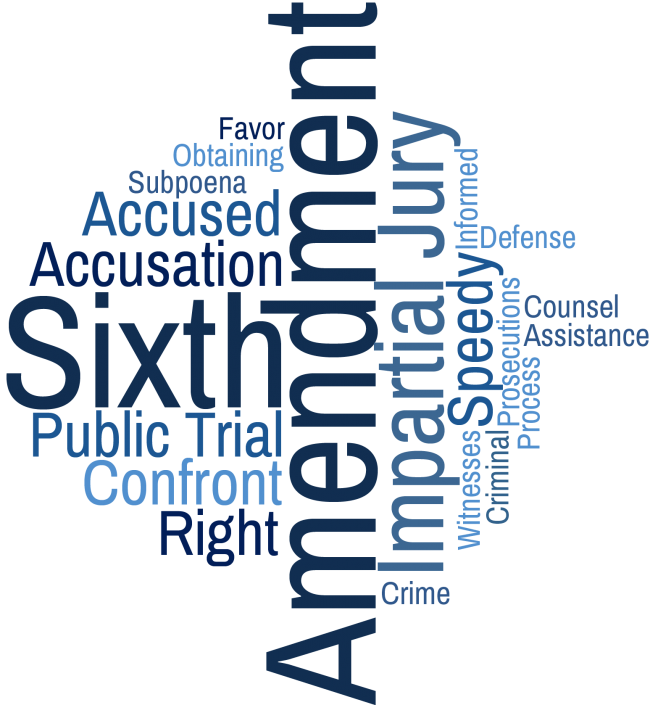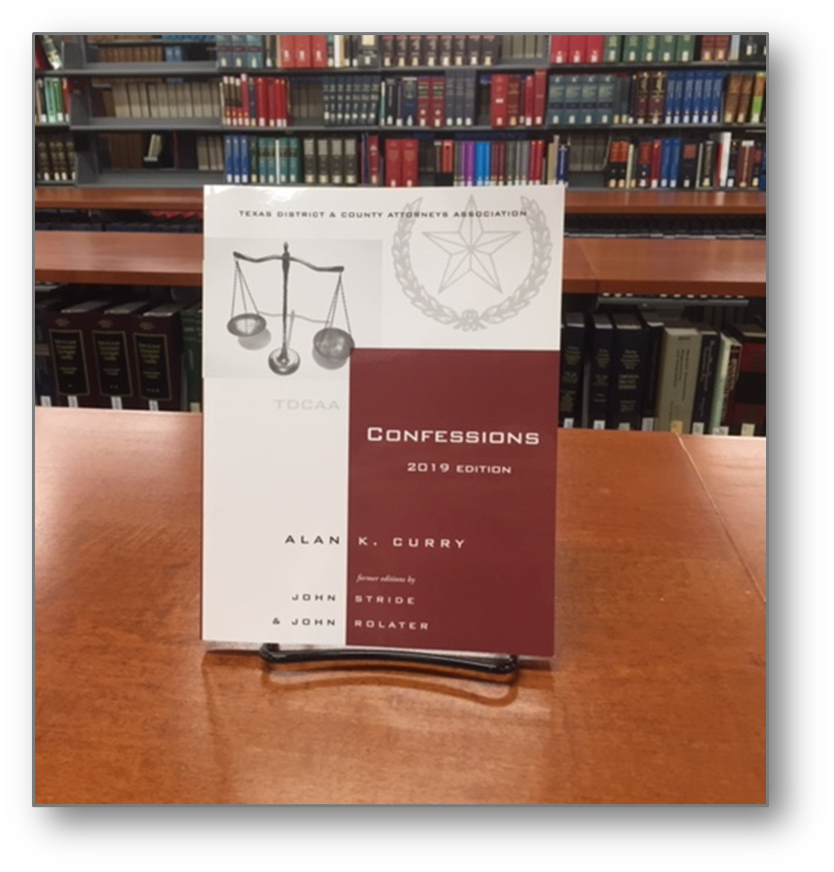During Constitutional Law Resource Month at the Harris County Law Library, we are taking a look back at a landmark Supreme Court decision, Escobedo v. Illinois, 378 U.S. 478 (1964). Tomorrow marks the 55th anniversary of the decision and its role in reinforcing our Sixth Amendment rights.
Danny Escobedo was arrested without a warrant on January 20, 1960. As the prime suspect in the shooting death of his brother-in-law, he was held for questioning for more than 18 hours. Escobedo asked repeatedly for his attorney to be present, but repeatedly, his request was denied. It was only after being indicted that Escobedo was granted access to a lawyer, violating his Fifth and Sixth Amendment rights to due process and access to counsel. The Miranda v. Arizona, 384 US 436 (1966) decision just two years later implicitly overruled Escobedo, but it was, nonetheless, an important step in the process toward ensuring a constitutional right to counsel for the criminal accused.



